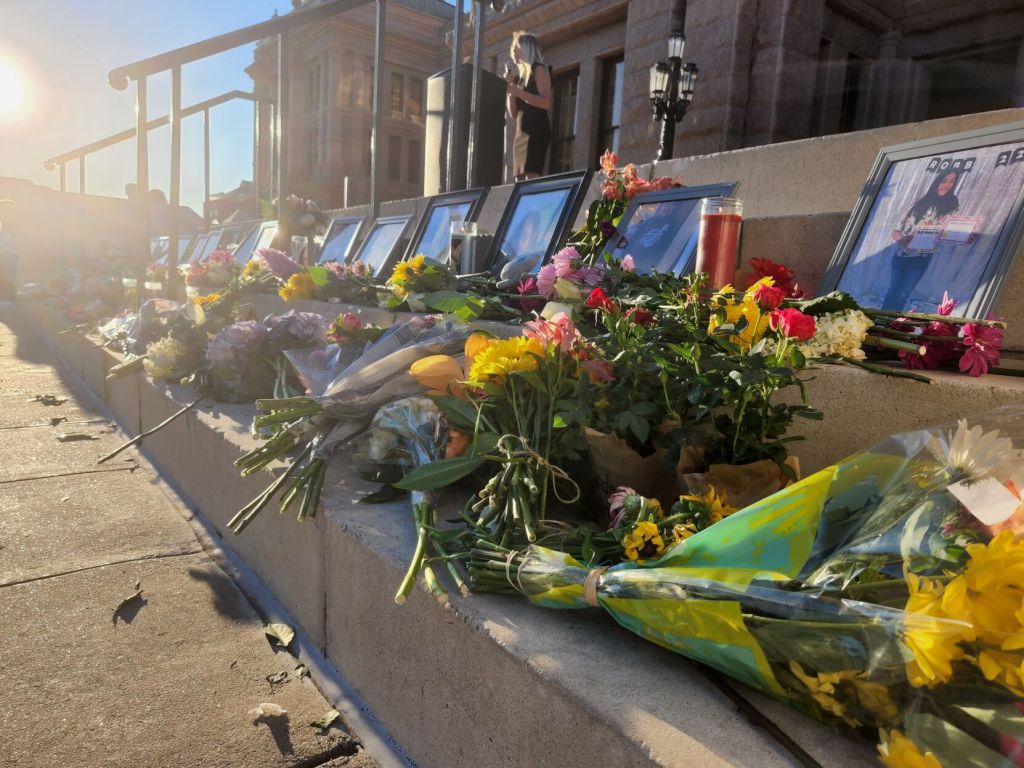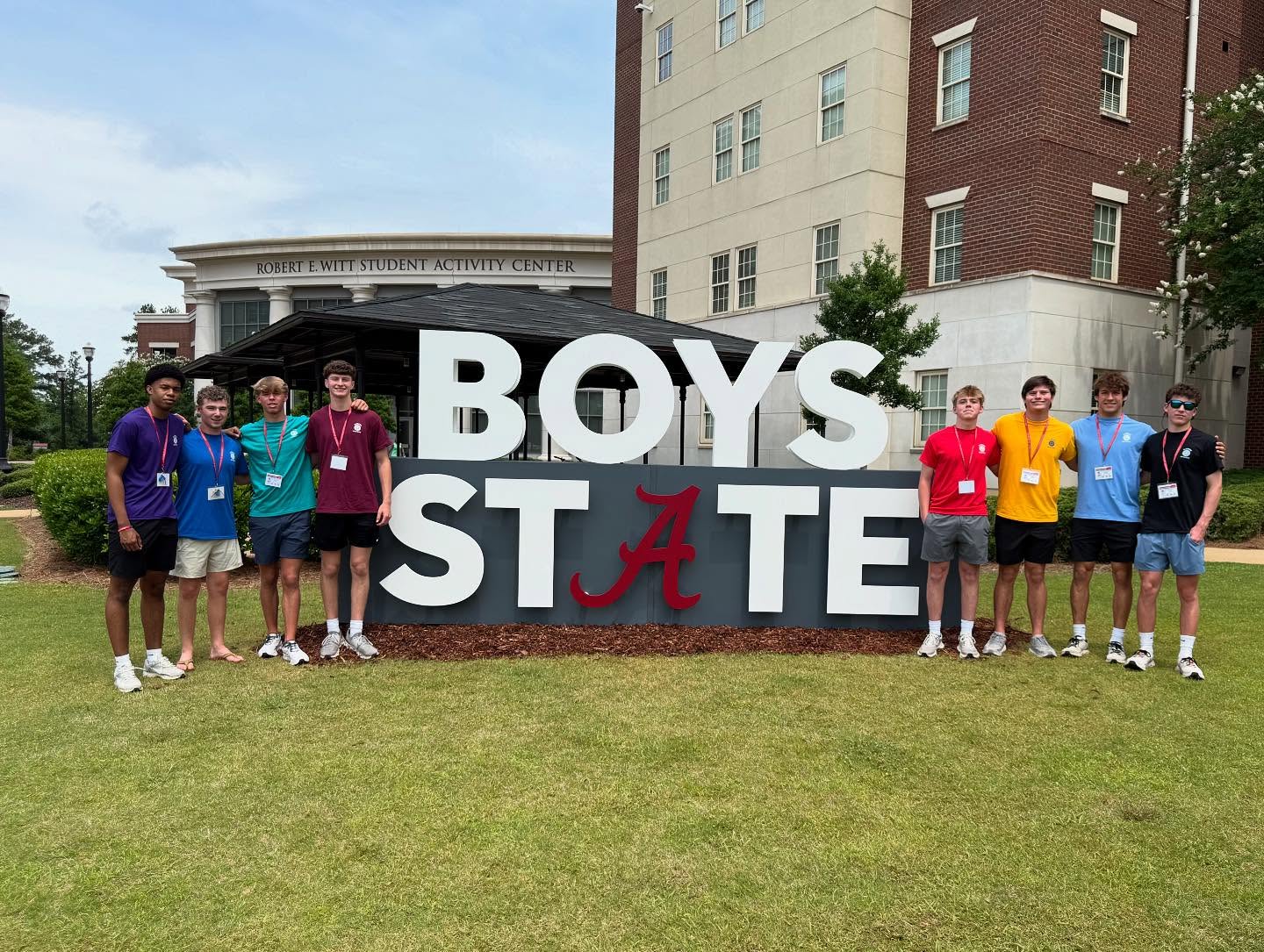History shows little, if anything, may change in aftermath of Uvalde shooting
Published 2:22 pm Thursday, May 26, 2022

- Austin residents placed flowers in front of the Texas Capitol on Wednesday in honor of the 19 students and two teachers murdered in a Uvalde, Texas, elementary school on Tuesday.
AUSTIN — The mass murder of 19 children and two teachers in a south Texas classroom shooting Tuesday sent shock waves across the country and once more brought calls for stricter gun regulation.
Still, little, if anything, will change, some experts said this week.
Polling by The Texas Politics Project (TPP) at the University of Texas at Austin found that despite recent events, broad shifts in Texas public opinion on gun regulation are unlikely.
Joshua Blank, TPP research director, said prior to and following the El Paso Walmart massacre that left 23 dead and 23 others injured in 2019, Texans’ views of gun control remained unchanged.
Where 49 percent of Texans wanted stricter gun laws before the El Paso tragedy, that number increased to just 51 percent following that shooting. Results were similar for those in favor of less strict laws as well as those who felt laws should be left alone.
“Evidence from the recent past indicates that a mass shooting, even a large one and/or particularly horrific one, on Texas soil is unlikely to change the underlying dynamics in how Texans feel about gun laws,” Blank said in a statement.
TPP polling also found that the primary reason nothing will change is the differing views of what causes mass shootings.
“Partisan views … differ significantly, making likely agreement on a policy solution a major challenge,” he said.
‘We have to push back’
Many Texans made feelings of hopelessness and frustration known at a community mourning event at the Texas Capitol in Austin on Wednesday, and advocates of stricter gun laws said they refuse to give up and will continue the fight.
Karin Knapp, with Moms Demand Action in Houston, said that in a state like Texas it can be hard to stay motivated as lawmakers push policies that go against pleas of some law enforcement and gun violence survivors, but she said she continues marching forward.
“We cannot just let them roll over us over and over again with bad, dangerous, unsafe gun laws,” Knapp said. “We have to put up a fight. We have to push back, and that’s what we’re doing.”
Most Americans — 90 percent — are in favor of universal background checks and banning gun purchases by those with mental illnesses, according to a 2019 Suffolk University/USA Today poll.
According to TPP data, 71 percent of Texans favor universal background checks, while 21 percent are opposed. That support, they say, has been consistent since 2013. Polling also shows that Texas’ permitless carry law that passed in 2021 — the first session after the El Paso shooting — was opposed by a majority of Texans, with 55 percent against the measure.
Even so, the Lone Star State continues to pass legislation favorable to gun advocates.
That has not discouraged Knapp. She said the push for loosened gun laws and restrictions by the National Rifle Association took decades while widespread gun protection advocacy only really gained momentum about a decade ago. So while it may take time, it is not impossible, she said.
“We’re playing catch up,” she said. “It’s going to take a huge wave of public demand to finally make something happen.”
Moms Demand Action is pushing to keep guns away from schools — not add more as some desire — and favors implementing red flag laws, allowing family members or police to go to court to seek removal of a gun from someone who may be a danger to themselves or others.
Mental health problem
Gov. Greg Abbott and many, mostly Republican, elected officials on the other hand continue to point to a lack of mental health resources as the primary challenge. Those same officials noted that the 18-year-old gunman, identified as Salvador Ramos, did not present any known mental health problems before the shooting at Uvalde on Tuesday.
“Before coming out here we had a long discussion and I asked the sheriff and others an open-ended question and got the same answer: What is the problem here?” Abbott said at a press conference on Wednesday. “They were straightforward and emphatic: We have a problem with mental health illness in this community.”
As for addressing cries for stricter gun control, Abbott said Texas gun laws that allow an 18-year-old to purchase a rifle have been in place for decades and the state went a majority of those years without issue.
“We as a state, we as a society need to do a better job with mental health. Anybody who shoots somebody else has a mental health problem, period,” Abbott said. “We as a government need to target that mental health challenge and do something about it.”
Claire Barnett with Blue Horizon Texas said the point is not to take away any guns but to make it more difficult for those who should not have guns to purchase them.
Blue Horizon Texas, which Barnett co-founded after taking political losses in the 2018 and 2020 election cycles, is a nonprofit that works to help elected candidates better represent communities they serve.
She said she believes no change will come with current political power in place, and she is working to change that by providing assistance and funding to Democratic and progressive political candidates who seek to unseat established leaders.
She added that no policy or set of policies will prevent all tragedies but “common sense” ones will ideally make tragedies less frequent so that a nation mourning the deaths of 10 Black people who were killed in a Buffalo, New York, grocery store are not again devastated 10 days later when an elementary school is attacked.
“We can’t prevent every instance of violence, but if we’re not going to try to do anything, then we’re going to continue to have the same result,” Barnett said.
She also rebuffed GOP mental health talking points saying, “rates of mental health disease are the same worldwide, and yet, we are the only country that experiences this.”
Consensus possible
Ron Avi Astor, a professor of social welfare at UCLA, said he believes change can and will come.
Astor, who has been studying school violence since the 1980s, said change will only come if there is a broader discussion of what America wants to be as a country. Not until then, with a clear goal of what the country wishes to attain, will real change come.
But Astor added that it is not impossible to reach consensus. Over the last two decades, Americans have changed their language and are openly discussing bullying and mental health unlike before. This, he said, has greatly reduced bullying in schools nationwide.
He added that Americans can again change their language to identify mass shooters as terrorists, as they murder innocent people. “Shooter,” he said, minimizes the extent of the violence they enact, and it is a change that does not require federal or state laws.
But that dialogue must change at the local level, in schools, among parents and in media coverage, Astor said. He added that reducing the conversation to a fight over guns negates the complexity of why these events happen. and that in changing dialogue and interaction toward pragmatic solutions rather than ideological extremes, the country could see change.
“We have pragmatic ways, if we want,” Astor said. “It is not a question of is it possible? It is possible. Do we have the will to do it? I think that’s the big question.”





